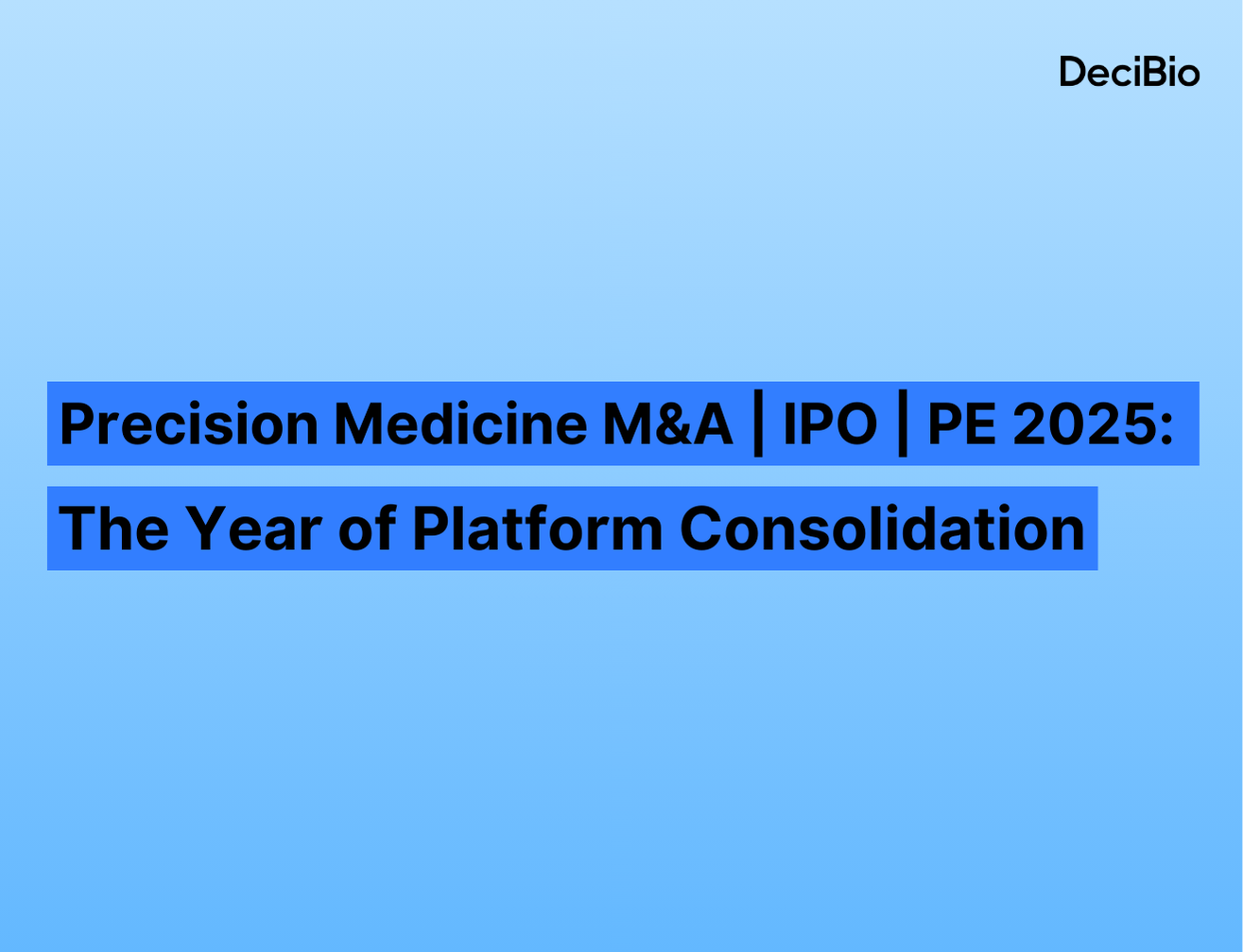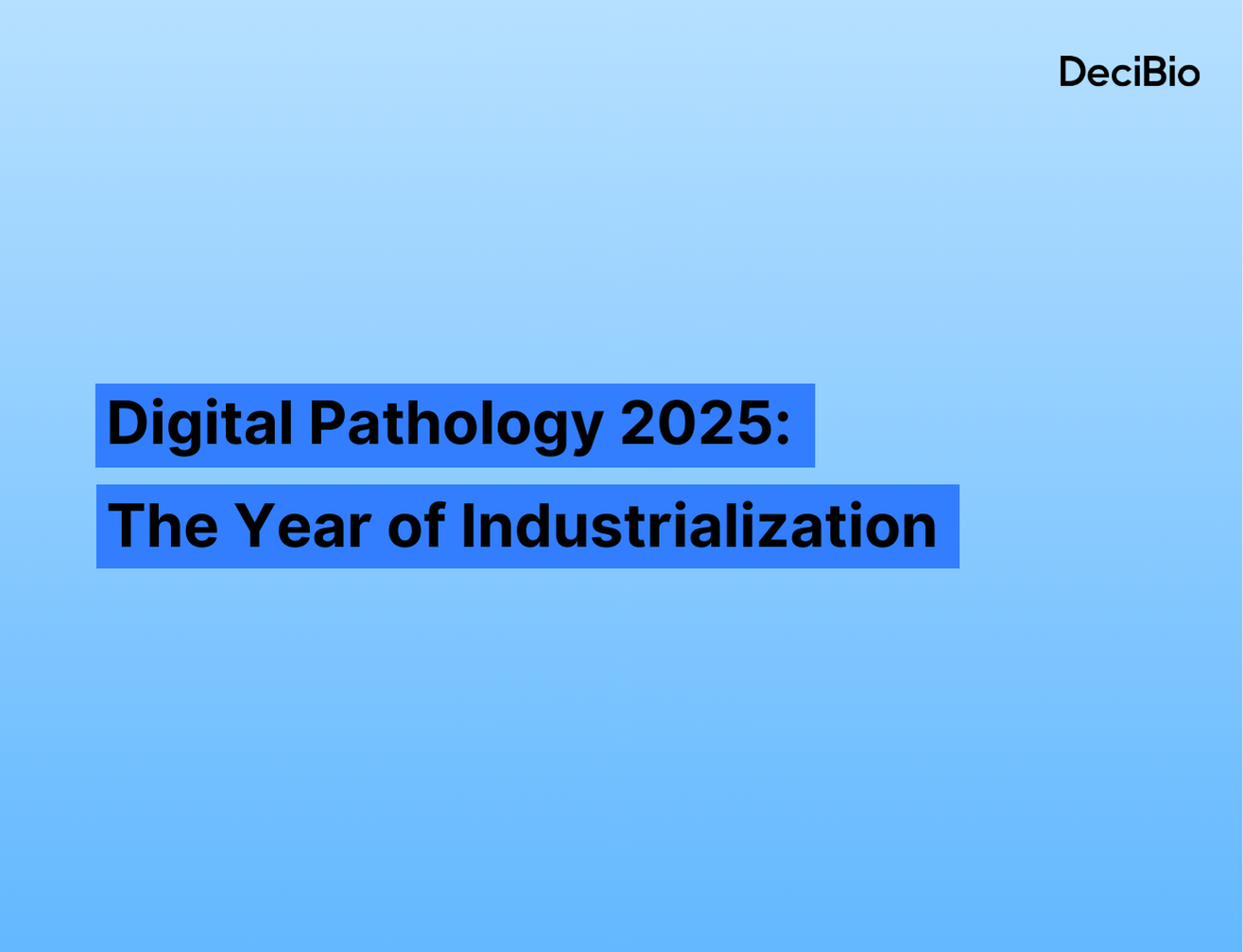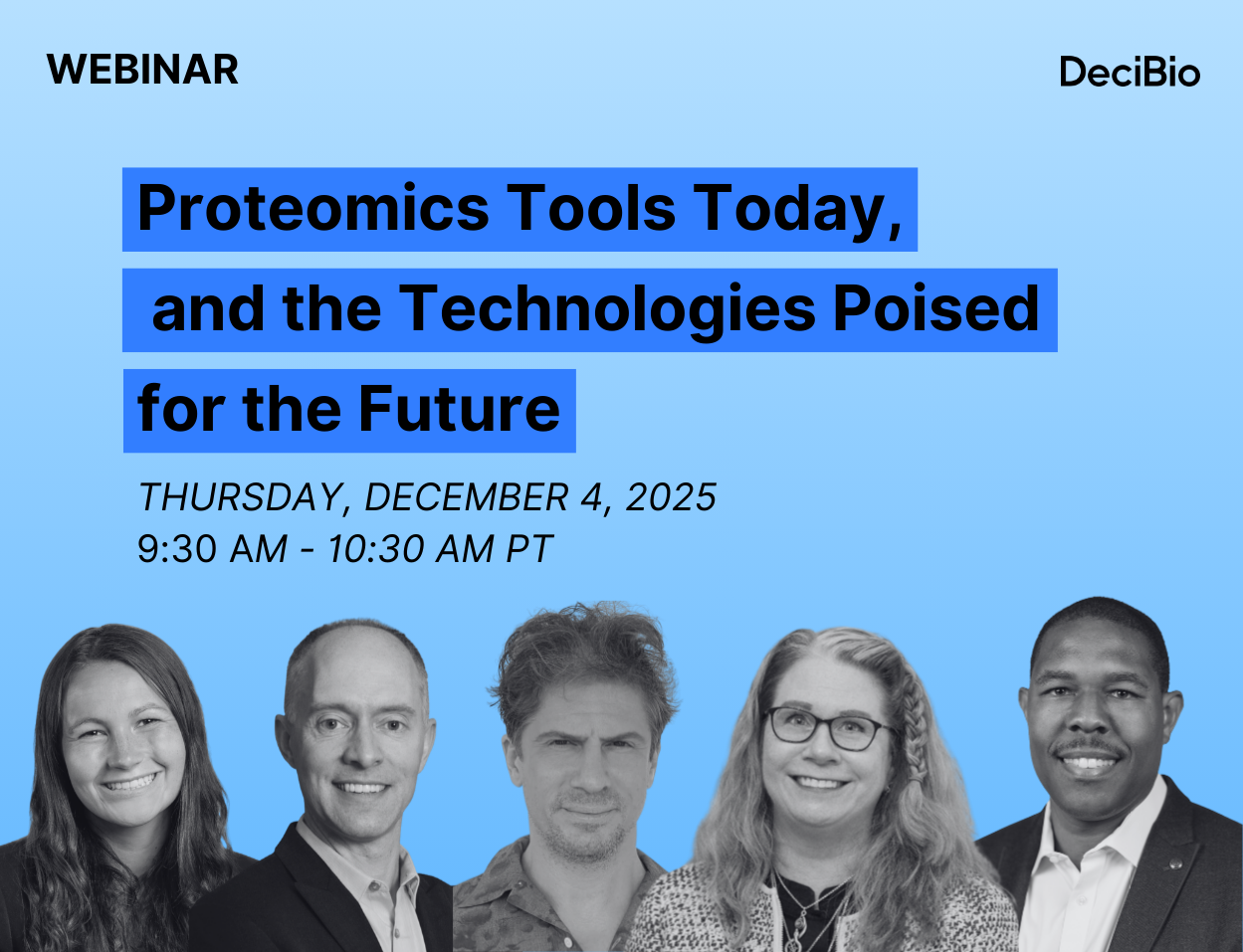Takeaways from Conversations on Science, Society, and the Future of Gene Editing
At CRISPRcon, DeciBio had the opportunity to participate in discussions with leading scientists, industry professionals, bioethicists, regulators, community leaders, and patients about the future of gene editing technologies. Based on panel discussions, live attendee polls, and conversations with speakers, we have highlighted some of our key takeaways from the conference.
Thought leaders are optimistic about the technical capabilities of CRISPR and anticipate use of the technology in human health, agricultural, and ecological applications in the next few years; however, substantial reservations still exist around use.

While technical concerns with CRISPR remain, enthusiasm is primarily tempered by non-technical concerns with the global community’s ability to collectively and responsibly manage use of the technology. The major concerns raised by speakers, panelists, and attendees were that:
The public lacks sufficient information and agency to effectively engage in the dialogue of how CRISPR will be used
Dr. Sheila Jasanoff, Founder and Director of Harvard’s Program on Science, Technology, and Society (STS), emphasized the need for the scientific community to act not as gatekeepers to the conversation, but as advocates for multidisciplinary international delegations:“The public doesn’t necessarily need to know how CRISPR works. The public needs delegates that can follow these issues, think forward, and take positions on them. We need a different kind of oversight authority – a global observatory – to act as a clearing house for international reports, consensus documents, leading conceptual thought, and legal protections regarding genome editing.”
Thought leaders believe the most urgent need for the CRISPR technology is inclusion and engagement of the public in discourse for how it will be used; driving early understanding and alignment may help reduce polarization based on fear and misinformation

Precursor models laid out by prohibitively priced gene therapies suggest CRISPR-based therapies may also fail to provide equitable access to communities who may need them most
Joanne Kamens, Executive Director of Addgene, emphasized the importance of making both CRISPR reagents and eventual therapeutics widely accessible:“There are cures to be had, but they may not be equitably distributed. We need to ensure these therapies are made accessible, and that starts with making basic research tools widely accessible to scientists.”
Although many CRISPR applications (e.g., germline editing, gene drive / ecological management, agricultural biology) will directly impact diverse global communities, traditional geopolitical power structures and paradigms of scientific experimentation pose a threat to equitable decision-making regarding use of the technology.
During the “Crossing Borders” panel, Jasanoff challenged the notion that the International Summit on Human Gene Editing is authentically equitable:“Isn’t it a case of the fox guarding the chicken coop? Why are three dominant players [the U.S. National Academy of Sciences, Chinese Academy of Sciences, and Royal Society] leading the summit? To call it a ‘summit’ is misleading. If we want to think about disparity, access, and equity, we need to rebalance the conversation and stop drowning out other voices.”Nnimmo Bassey, the Director of the Health of Mother Earth Foundation, further questioned the equitability of the global CRISPR dialogue and reinforced the need for autonomous decision-making at the local community level:“People look at the continent of Africa and assume the land is bad or the people are hungry and that gene editing is the answer. These are neocolonial arguments used to gain market access and bring in new forms of control. In every situation, we have alternatives suitable for our local environment and culture. Food is not something we just put in our mouths. Food is life, a celebration, a cultural activity.”
Deployment of the technology may be delayed or limited by failure to reconcile conflicting values systems and reach consensus.
To illustrate this dilemma, Charles Mann posed the question:“Are we special? Or are we like bacteria in a petri dish, multiplying until we reach the edge of the plate and deplete our resources?”Mann related his novel, The Wizard and the Prophet, in which he argues there are two types of visionaries with opposing schemas for how humanity will avoid depleting the Earth’s natural resources. The wizard is optimistic in mankind’s ability to alter its circumstances and replenish resources, while the prophet warns that we must innovate ways to limit depleting our environment, which has a limited carrying capacity.
Some degree of consensus may be achievable by co-designing agricultural and ecological experiments with local communities that maximize containment and reversibility and rely on local knowledge and values
A team co-led by Kevin Esvelt, an associate professor at MIT, and a local community governance board in Martha's Vineyard discussed their project aimed at eliminating endemic Lyme disease through propagation of white-footed mice CRISPRed to be immune-resistant to Borrelia burgdorferi, the bacterium responsible for Lyme disease. Esvelt shared that discussions with the local community drove the decision to populate the island with the CRISPRed mice without using gene drive, a point on which community members insisted. Esvelt also emphasized the importance of designing experiments informed by local knowledge of the environment and its ecosystem and authorized by consent of the communities impacted.While CRISPRcon discussions focused on problems more than potential solutions, the conference made one thing clear: If we do not proactively provide a space to empower global communities to ask the right questions about CRISPR and understand the issues at hand, we may impede the technology's ability to save lives.Interested in learning more about the CRISPR space and the genomics market? Check out our CRISPR strategy blog post, CRISPR Market Pulse tool, and connect with us on LinkedIn.

Author: Chris Lew
Chris Lew is a Senior Analyst at DeciBio interested in innovative genomic and health technologies and their impact on population health. He has experience developing go-to-market strategies, evaluating market and technology opportunities, and supporting commercial due diligence for companies in the NGS, CRISPR, immuno-oncology, and clinical decision support spaces. Connect with him on LinkedIn.






